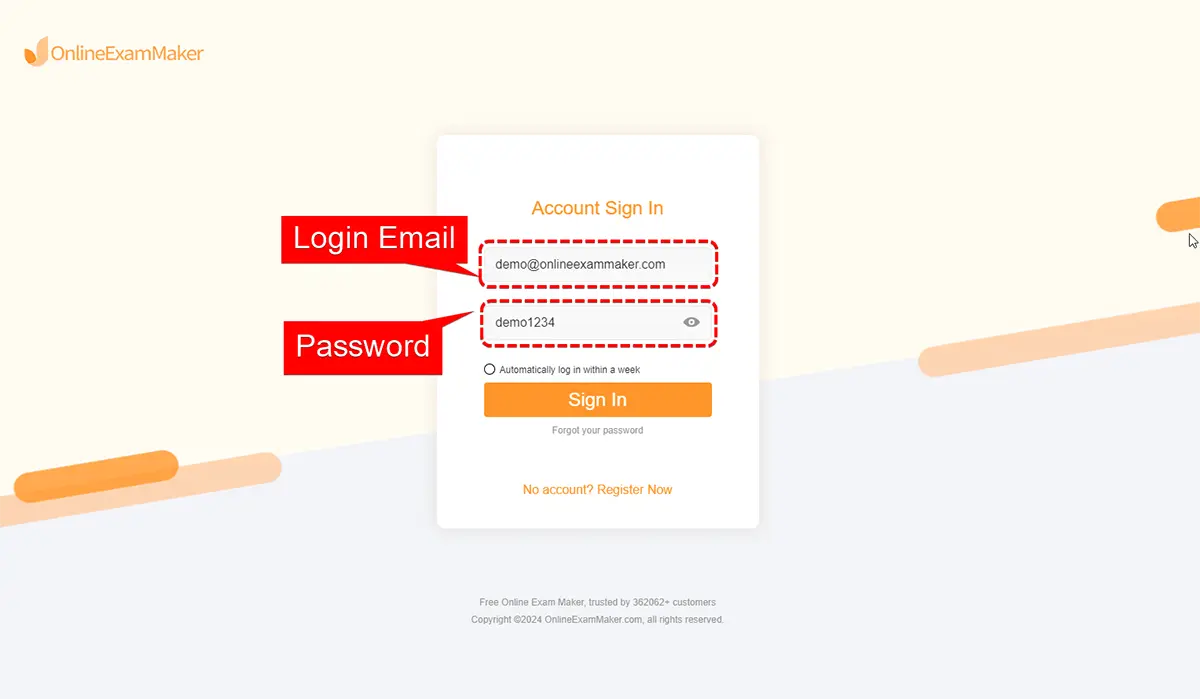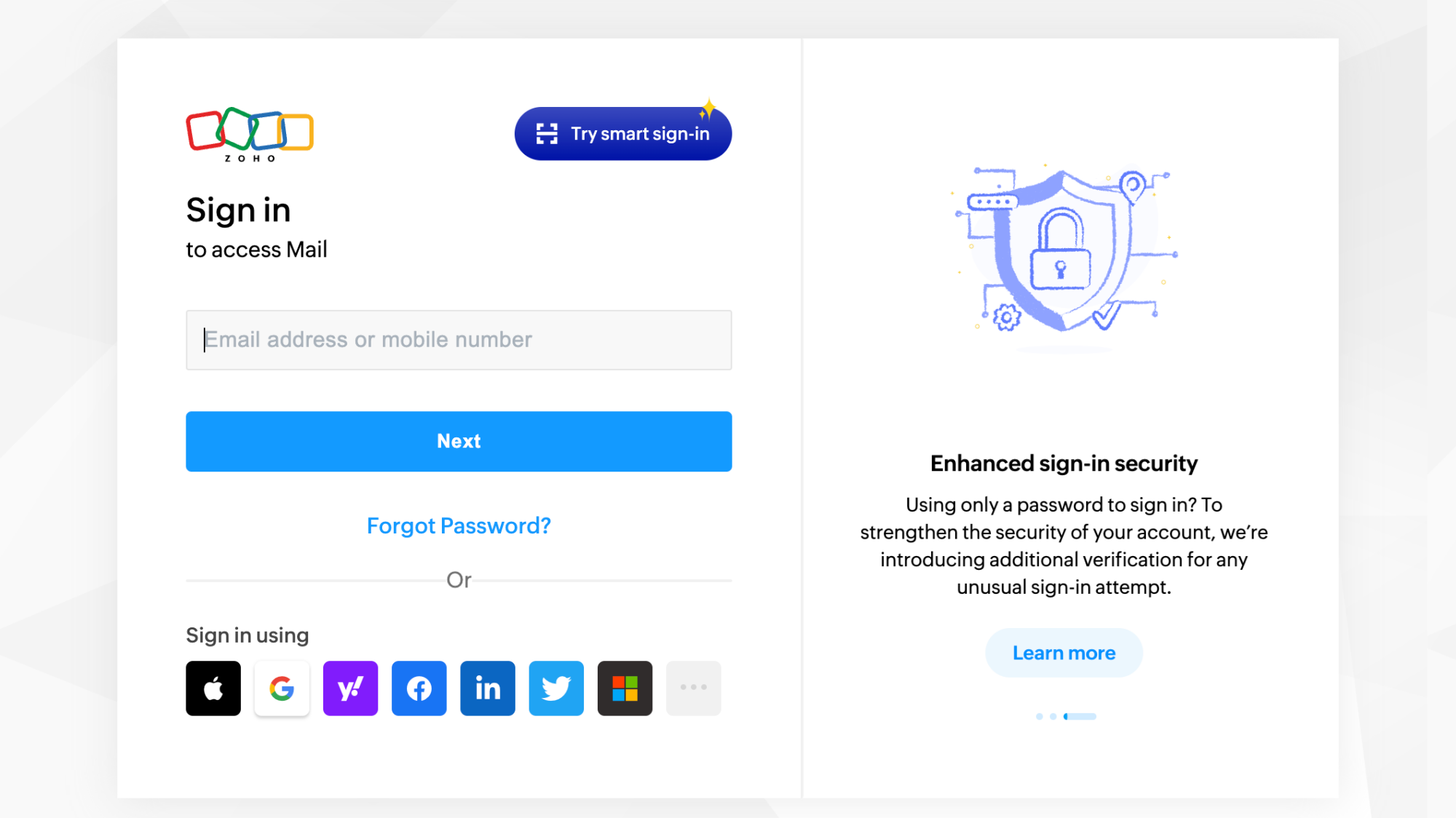Temporary Email vs Disposable Email: Understand the Pros and Cons
Did you know that approx. 70% of internet users have at least one disposable email address? Do you fall under this statistic? If so, then it's time to understand the pros and cons of using temporary and disposable emails.
In this blog post, we'll delve into the nuances of temporary and disposable emails, what they are, and how they differ. Then we'll unravel the pros and cons of using each type of email. Finally, we'll give you the lowdown on how to make the right choice for your digital needs.
Let's dive in!
What Are Temporary and Disposable Emails?
We'll start by addressing the key similarities between temporary and disposable emails. These are generic email addresses that are frequently used to sign up for websites, apps, and online services. They serve the purpose of bypassing the registration process to avoid cluttering your primary inbox.
Temporary Email
A temporary email is typically a secondary email address that you create and use for a specific period. This period is usually linked with the duration of an event or a project. Hence, a temporary email address is purpose-driven and becomes inactive after the event or project is over.
Disposable Email
A disposable email is a more generic term for throwaway email addresses. These are usually automated and generated by services that provide a temporary email platform. You can obtain a disposable email address within seconds. Very conveniently, these addresses can be discarded as soon as they are no longer needed.
Pros and Cons of Using Temporary and Disposable Emails
Both temporary and disposable emails have their advantages and limitations. Here's an overview of the key pros and cons of each type of email to help you make an informed decision.
Temporary Emails
Here are some pros of using temporary emails: Pros of Temporary Emails
- Controlled Environment - Temporary emails are usually registered with specific domains that cater to this service. Hence, the environment is more controlled and regulated by the temporary email provider.
- Shorter Commitment - As these emails are only valid for a specific period, there's no long-term commitment needed.
- Less Clutter - By using temporary emails, you avoid clutter in your primary inbox. This reduces the burden of sifting through unnecessary emails later.
- Enhanced Security - Some temporary email providers offer additional security features, making your temporary email more secure. This can be a boon for those concerned about privacy.
And here are some of the cons: Cons of Temporary Emails
- Short Lifespan - The core drawback is that temporary emails last for a short period, which means the inbox's content will be deleted when the email expires. This also means you may lose track of important information stored in the inbox.
- Limited Use Cases - While they are great for event-specific emails, they aren't suitable for long-term commitments or diverse usage scenarios.
- May Not Suit All Needs - For those who need a more comprehensive and long-term secondary email, a temporary email may not be enough.
Disposable Emails
Now let's look at the pros of disposable emails: Pros of Disposable Emails
- Ease of Use - Creating a disposable email address is remarkably quick and easy. Simply visit a disposable email platform and voila!
Disposable emails are also less commitment-heavy than temporary emails. You can discard them as soon as they are no longer needed, and you don't have to worry about changing your lifestyle or process to accommodate a new email.
And here are the cons: Cons of Disposable Emails
- Unreliable Inboxes - Disposable email addresses don't belong to you. Hence, you cannot control how the inbox is managed. This makes it unreliable for long-term usage as the inbox can be deleted or accessed by others.
- Difficulty in Tracing Activity - If you use a disposable email address, remember that tracking activity and maintaining privacy across the web can be challenging. This is especially true if you need to review subscriptions or communication histories.
- Limited Features - Most disposable email providers offer minimal features, and there are limitations to the customization and control you may enjoy.
Making the Right Choice
Choosing between temporary and disposable emails depends on your specific needs. Here's a summary to help you decide:
-
If you want a short-term email address for a specific event or project and prioritize privacy with a controlled environment, a temporary email could be the solution.
-
If you desire a hassle-free, no-commitment email address that you can create within seconds, then a disposable email address will suffice.
The choice between disposable and temporary emails ultimately depends on your specific needs and how you plan to use the email.
Regardless of which one you opt for, ensure you use it responsibly and maintain a good email etiquette to avoid any issues.
Remember, staying informed and aware of the pros and cons of each service ensures you make the right choices to enhance and streamline your digital experience.
With that, we've reached the end of our exploration of temporary and disposable emails!
See you on the [internet] lanes!
Additional Resources
- Disposable Email Addresses - A LifeWire article explaining how to set up and use disposable email addresses.
- 15 Best Temporary Email Address Services (2022) - A blog post highlighting 15 temporary email services for limited email commitments.
Questions? Feedback?
Please feel free to share your thoughts in the comments section below!
If you have specific questions or topics you'd like us to cover, feel free to start a conversation!
And if you found this article helpful, we'd really appreciate it if you'd share it with your friends and colleagues.
Thank you!




